In May 2021, 13-year-old Nayab Gill was forcibly converted and married to a 30-year-old Muslim man named Saddam Hayat. Despite court challenges, custody was given to her ‘husband’. A year later, reports surfaced indicating that the young Christian girl may have been sold to someone else as a bride. Supported by various advocacy organisations, Nayab’s parents have continued to fight for justice on behalf of their daughter.
In a promising update, the Supreme Court of Pakistan agreed on 29 August to hear a petition on behalf of Nayab. At the heart of the petition is the girl’s age. Pakistani law specifies that any sexual relations with a girl under the age of 16 is rape and punishable by death. However, in contradiction, Islamic law states that any consenting girl who has reached puberty can marry. The family’s lawyer argued that, even if allowed under Islamic law, Nayab was not of legal age to make such a decision without consent from one of her guardians.
The Supreme Court, in deciding to hear this case, has recognised the disconnect between the penal laws and Islamic Sharia laws over the concept of ‘adulthood’. Consequently, the court has called on the government to respond to this discrepancy and resolve the issue by enacting legislation governing the age of marriage.
Since Nayab’s ‘marriage’ in 2021, the Islamabad High Court ruled in March 2022 that marriage under the age of 18 is prohibited, even if an individual claims to do so of their own free will. It is hoped that this ruling will direct the nation’s government to establish a minimum age for marriage across the country.
Forcible conversions and marriages of underage girls are far too common for impoverished religious minorities in Pakistan. Often, such families have little to no recourse against the influence of their employers and community leaders.
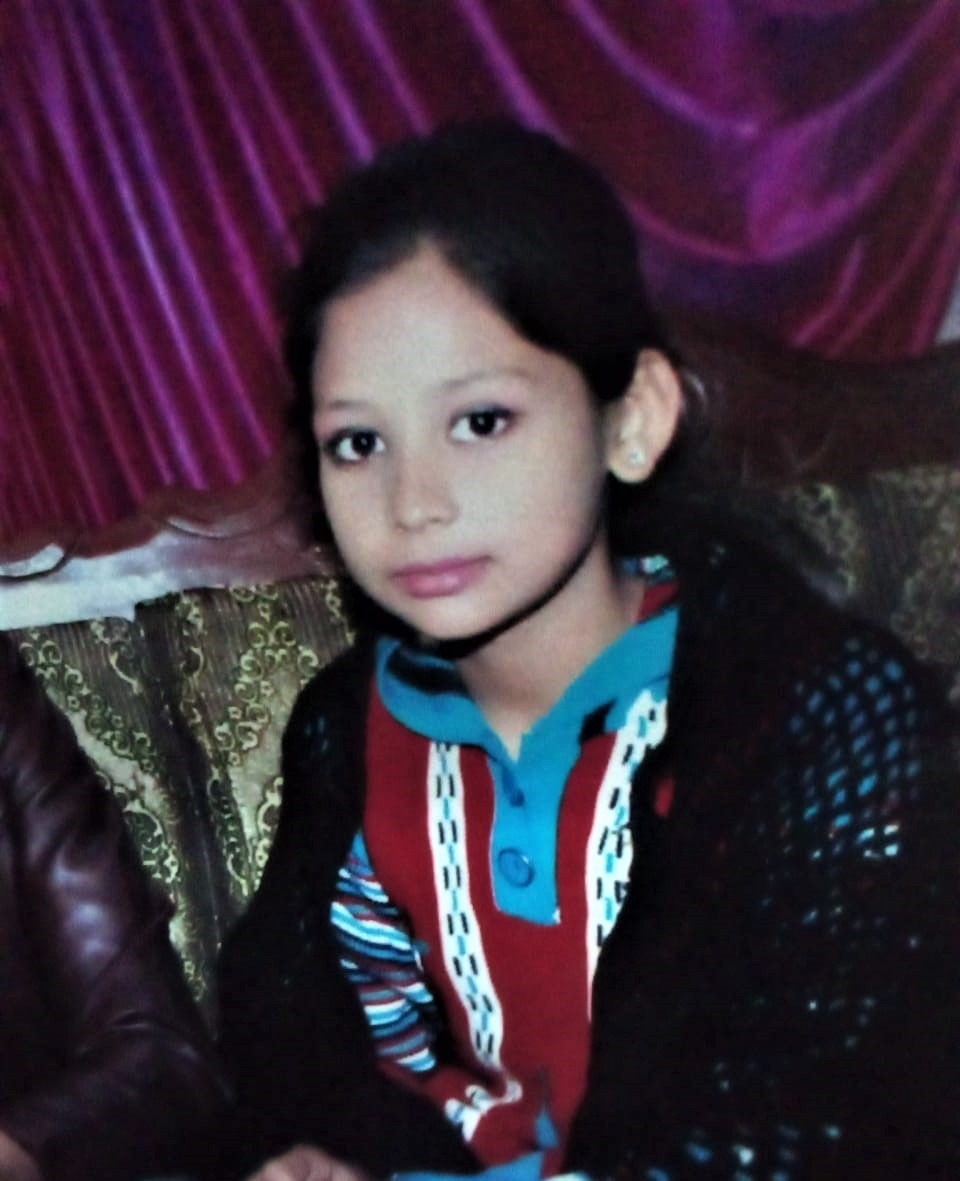




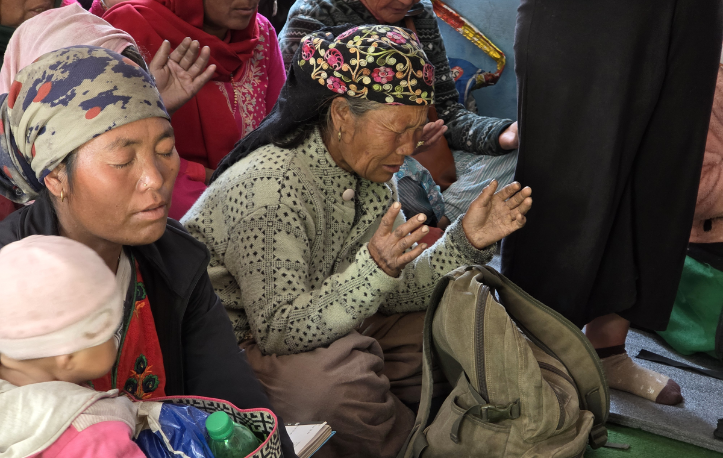
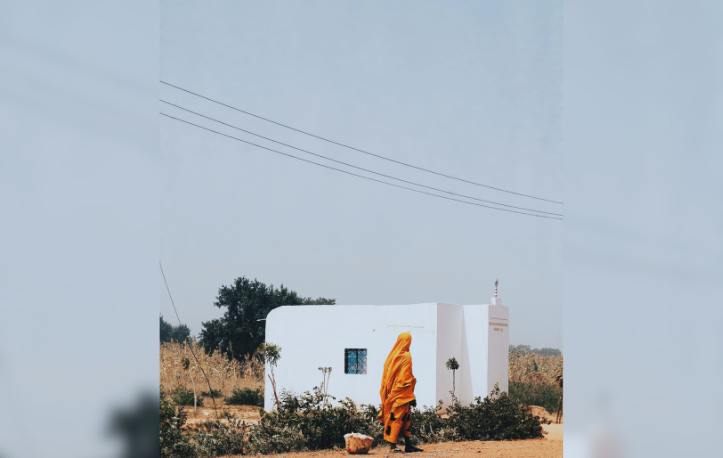
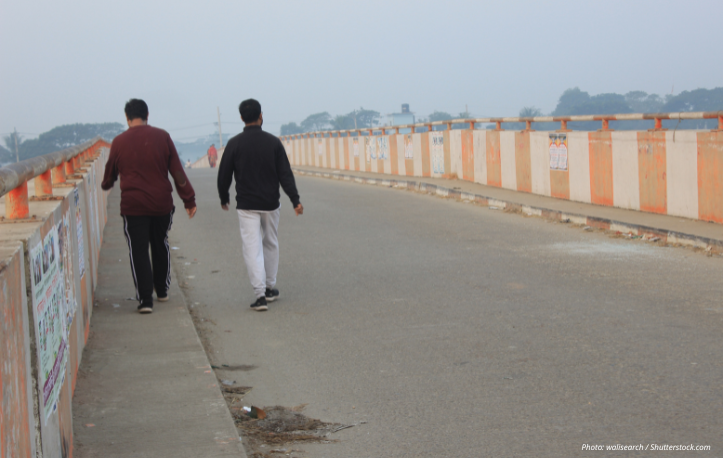






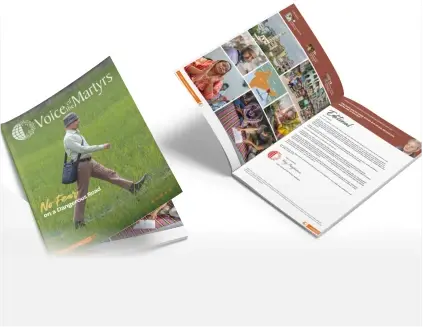
Submit a Prayer